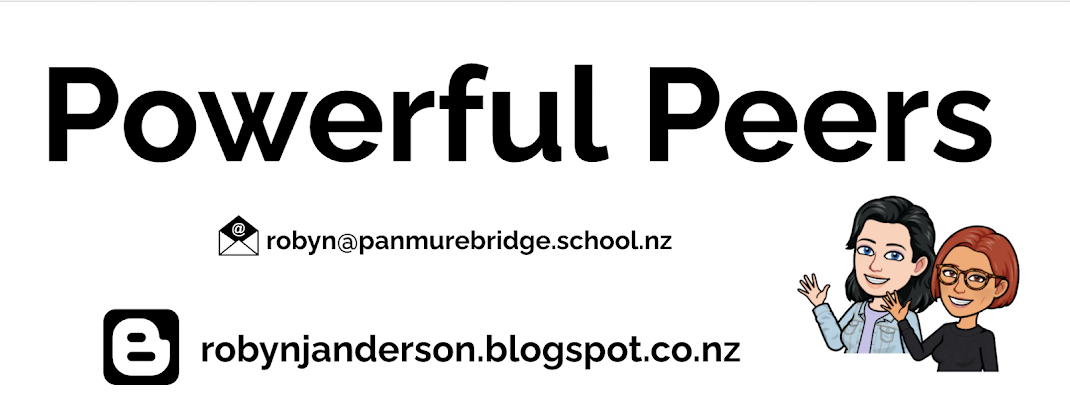At the end of last term I challenged our student leadership team to create and manage a holiday reading challenge. The students who accepted the challenge are all working towards a CARE badge, an initiative where our Year 7 and 8 students use our school CARE values of confidence, attitude, respect and excellence to strengthen their leadership skills.
Our RFE challenge is running on a similar format to the Summer Learning Journey and is 100% student led. Creating this challenge has created another opportunity for the LS2 students to read for enjoyment. What has been exciting to watch is who has participated and what they have posted on their blogs, even more amazing was the interaction that took place in the blog comments! 38% of our class took part in this challenge which may look like a low number, but in my mind that's 38% of our class that I know of who made time to read for enjoyment over the holiday break. I love the fact this student created, student led and student managed challenge was a success!This time I did not comment on any blogs as it wasn't about my input. I wanted to see if we had genuine buy in for RFE instead of 'I'd better do this as Mrs Anderson is checking our work'. If we run this again I would encourage the leaders to send out daily whole class motivational emails to inspire more people to join in and to maintain the momentum. Capturing student voice when we get back to school will give us some real and honest feedback that we can use to strengthen this idea going forward.



